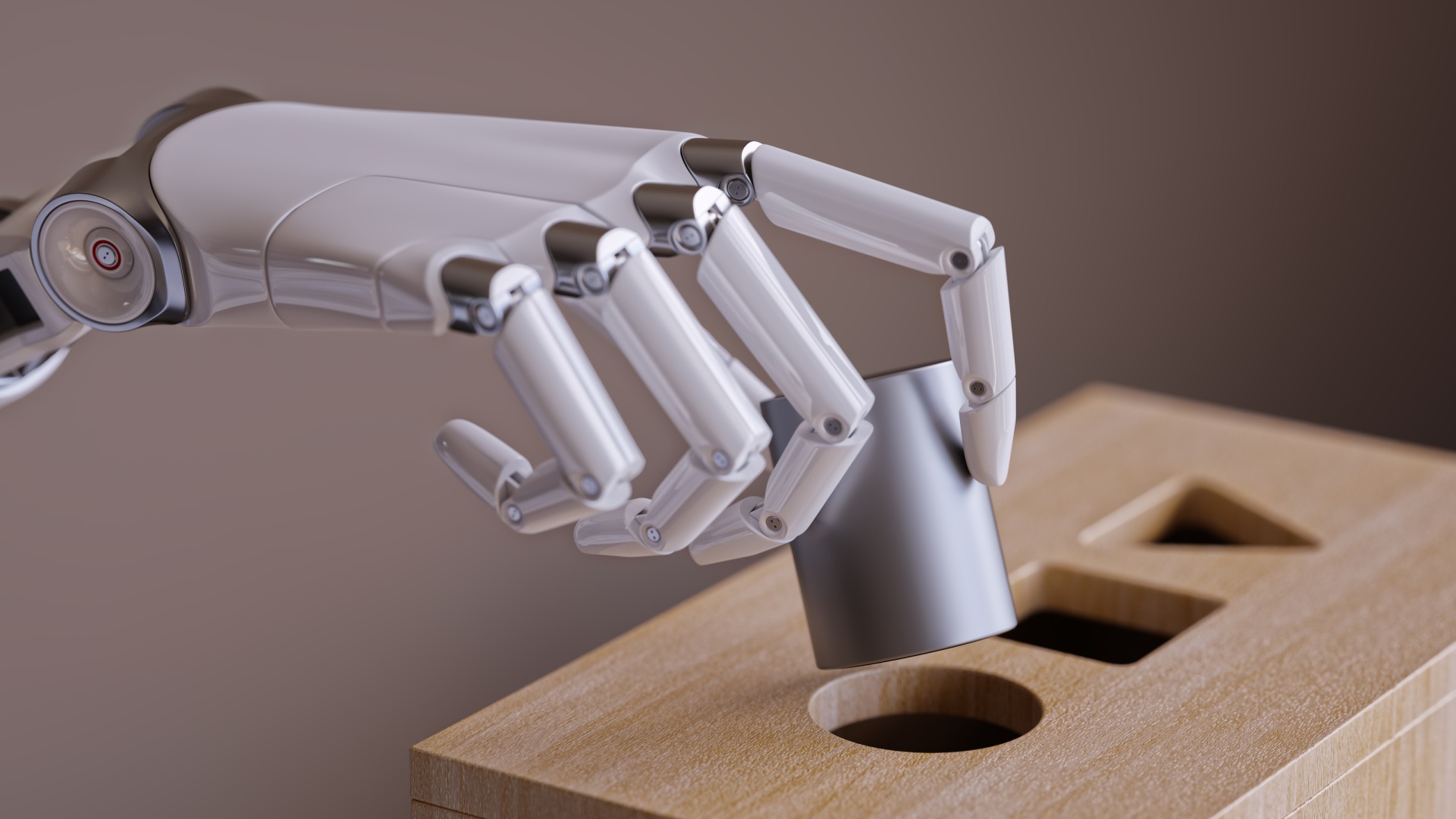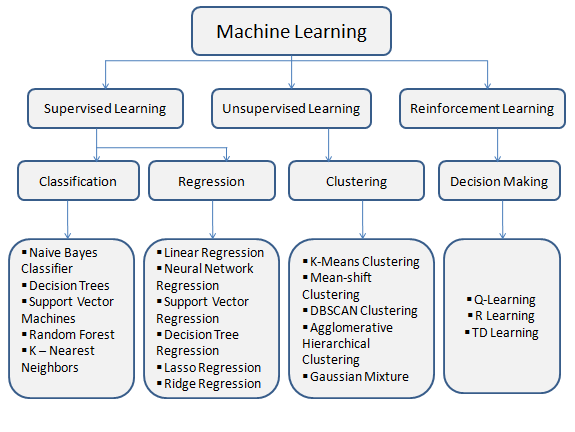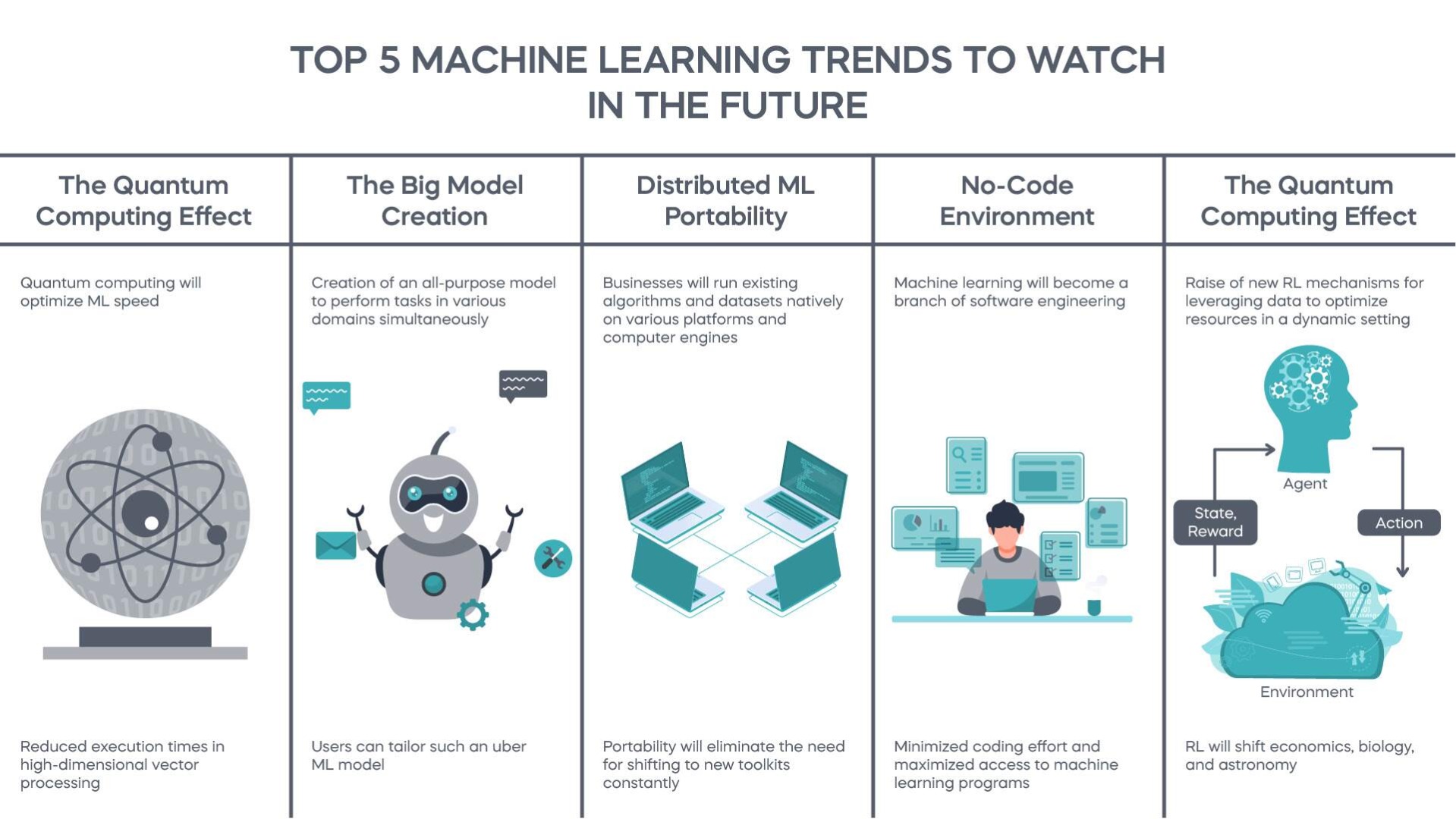Comments
- No comments found

In the last decade, machine learning has revolutionized the new tech economy as well as the way we live and work.
From smartphones to social media, machine learning is improving communication and information sharing in numerous ways that were once unimaginable.
PWC estimates that machine learning in economics can boost productivity by up to 14.3% by 2030. Machine learning is a driving force behind increased productivity. Many current jobs and tasks will be performed entirely or partially by machine learning and Artificial Intelligence algorithms in the near future.
The pace of technological change is accelerating, and the emergence of machine learning is ushering in a new era of innovation and disruption.
Machine learning is a type of artificial intelligence that enables computers to learn from data and make decisions without being explicitly programmed.

It involves using algorithms to analyze large datasets and identify patterns, which can then be used to make predictions and automate processes. Machine learning has applications in a wide range of industries, from healthcare and finance to transportation and manufacturing.
The emergence of machine learning is transforming industries and driving the growth of the new tech economy. As more companies adopt machine learning, they are able to automate processes, improve efficiency, and reduce costs. This has led to the creation of new business models and the emergence of new industries.
One of the key drivers of the new tech economy is the cloud. Cloud computing has made it possible for companies of all sizes to access powerful computing resources and storage capacity without having to invest in expensive hardware and infrastructure. This has democratized access to technology and made it possible for small and medium-sized enterprises to compete with larger companies.
Machine learning is playing a central role in the new tech economy. It is enabling companies to extract insights from vast amounts of data, automate processes, and create new products and services. Some of the key areas where machine learning is having an impact include:
Healthcare: Machine learning is being used to develop new treatments and therapies, improve patient outcomes, and reduce costs. For example, machine learning algorithms can analyze medical images and help doctors identify early signs of disease.
Finance: Machine learning is being used to detect fraud, manage risk, and make investment decisions. For example, machine learning algorithms can analyze financial data and identify patterns that may indicate fraudulent activity.
Transportation: Machine learning is being used to improve safety, reduce congestion, and optimize logistics. For example, machine learning algorithms can analyze traffic data and optimize routes to reduce travel time and fuel consumption.
Manufacturing: Machine learning is being used to optimize production processes, improve quality control, and reduce downtime. For example, machine learning algorithms can analyze sensor data to predict when machines are likely to fail and schedule maintenance before a breakdown occurs.

The future of machine learning is bright. As the technology continues to evolve, we can expect to see even more innovative applications and use cases. For example, machine learning could be used to develop personalized healthcare plans based on a patient's genetic profile and medical history. It could also be used to develop self-driving cars that are safer and more efficient than human-driven vehicles.
As machine learning becomes more ubiquitous, there are also concerns about its impact on society. Some worry that machine learning could exacerbate inequality and lead to job displacement. It is important for policymakers to consider these issues and work to ensure that the benefits of machine learning are shared widely.
Machine learning is transforming industries and driving the growth of the new tech economy. As more companies adopt machine learning, they are able to automate processes, improve efficiency, and create new products and services. The future of machine learning is bright, but it is important to consider the potential impact on society and work to ensure that the benefits are shared widely. The new tech economy is here, and machine learning is at the forefront of this exciting and transformative era of innovation.
Leave your comments
Post comment as a guest